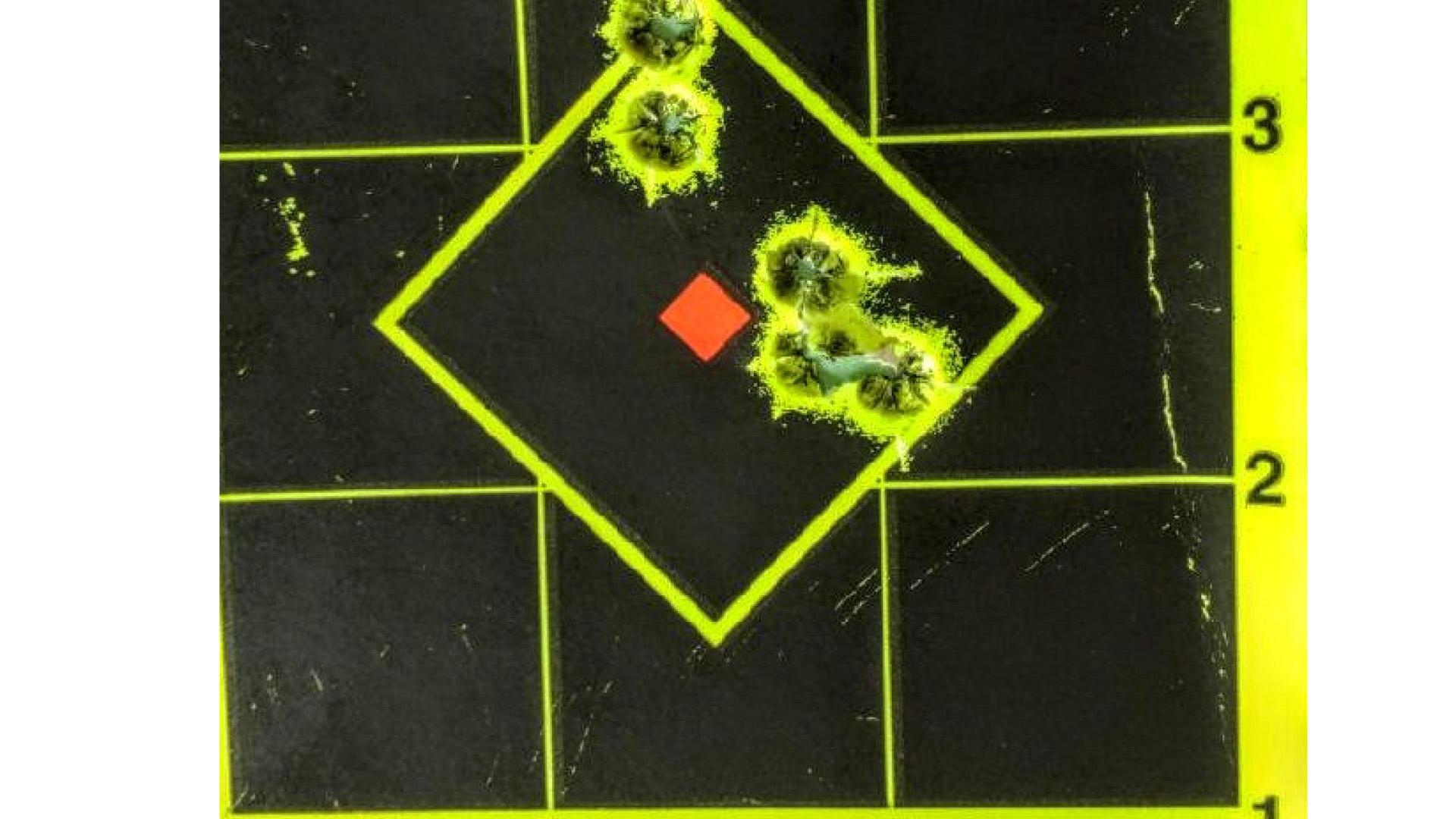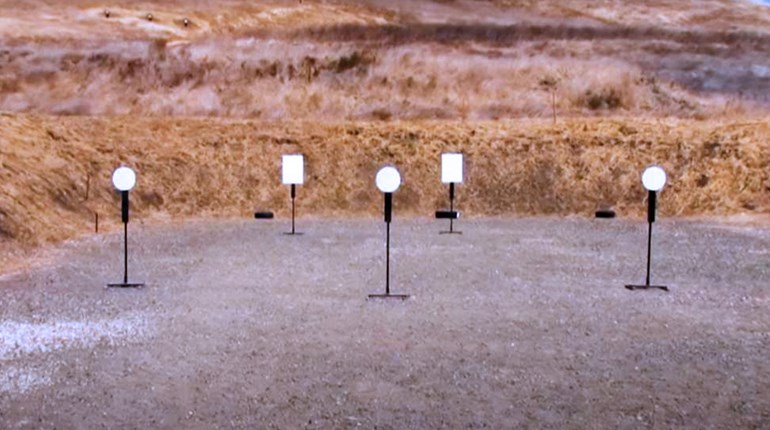
If you have been involved with shooting in any capacity for any amount of time, you have likely heard the words “accuracy” and “precision” used a lot, probably even interchangeably. But do you really know the difference between accuracy and precision? Let’s take a deeper look at what these two terms mean and why they are important when it comes to any discipline of shooting. Once you understand this, you can use the knowledge to sharpen your shooting skills and increase the performance of your firearm.
Accuracy
Accuracy is perhaps the most misused term of the two, but is very easy to understand. Accuracy describes how close your measurement is to the target value. In shooter’s terms, accuracy describes how close your fired shots are to the point of aim. Seems simple enough, right? Accuracy is important because you want to hit what you are aiming at. This is always the goal and rings true for any discipline of shooting whether it be pistol shooting, shotgunning, precision rifle or even self-defense.
Precision
While precision is of equal importance, it is measured differently. Precision is a measurement of how close multiple values are to each other. In other words, when shooting at your target, how close are your impacts to each other? When it comes to precision, it is all about repeatability. If you cannot ensure that your shots will leave the firearm and travel in a consistent and predictable pattern to the target, well, you are just wasting your time. This concept is also applied to any discipline of shooting, but as the name implies, it is a major focus of precision rifle shooters.
Accuracy and Precision are not mutually exclusive
Though it may seem that way, accuracy and precision are not mutually exclusive and they can occur in any combination. Here are examples of how each of these scenarios will look.

Accurate and Precise. All of the shots will be close together, preferably touching, and centered up on the intended point of aim.

Precise but not Accurate. All shots will be close together, but not centered up on your intended point of aim.

Accurate but not Precise. Shots will be near the intended point of aim, but will not be close to each other.

Not Accurate or Precise. Shots are not near the intended point of aim and are not near each other. Shots appear to be randomly placed on the target.
Problems with Accuracy and Precision
Problems with accuracy can arise for many reasons, but there are a few obvious culprits to check first: the scope, the barrel, and the ammo. Before you decide that the rifle is the problem, always check your scope to make sure it is functioning properly. If the scope checks out, check to make sure that your scope bases and rings are tightened properly. If all of those items check out, move on to the barrel. Is it clean? If your barrel has not had a cleaning in quite some time, then clean it. If you are meticulous about keeping your guns clean, it probably isn’t the barrel, which brings us to our last culprit—ammunition.
All guns are not created equally and all ammo is not created equally. While some will eat whatever ammunition you feed them, others will not. No matter what type of gun I buy, one of the first things I do is purchase several types of ammo and see which ammo it shoots the best. Ammo varies widely from brand to brand, and even within the same brand there can be big differences between different ammo of the same caliber. Taking the time to figure out which ammunition works best in your gun is a simple step that can prevent a lot of heartache down the road. If you are reloading, adjustments can be made to the charge weight, bullet weight, bullet seating depth, type of powder used, case sizing and neck tension. When you roll your own, no detail can be overlooked.
While all of the aforementioned issues can also lead to poor precision in your firearm, there are a few other issues to discuss when it comes to precision. First and foremost, check yourself. We’re all humans, and we all suck at times. Just revert back to some of the most basic skills of good marksmanship—get into a stable position that can be repeated, have good sight alignment and sight picture, aim and hold, control your breathing, initiate a slow, steady trigger pull, control your recoil and proper follow-through. You should focus on all of the fundamentals every single time you take a shot. Poor fundamentals can lead to a lot of frustration, and it is super cheap and easy to take the extra time and make sure you are doing your part to make good shots.
One last thing to consider—the wind. While the wind may have little or no effect on your shots at times, depending on what and how far you are shooting, the wind can definitely be a factor. If, for instance, you are truing a rifle, and shooting groups at distance, then this is very important. Fluctuations in wind speed and direction combined with inaccurate wind calls is not a good combination. If shooting in this manner, always consider this possibility. In general, being aware of wind speed and direction when shooting is just a good habit.
See more: Using Competition Tactics And Gear For An Edge In The Field



































